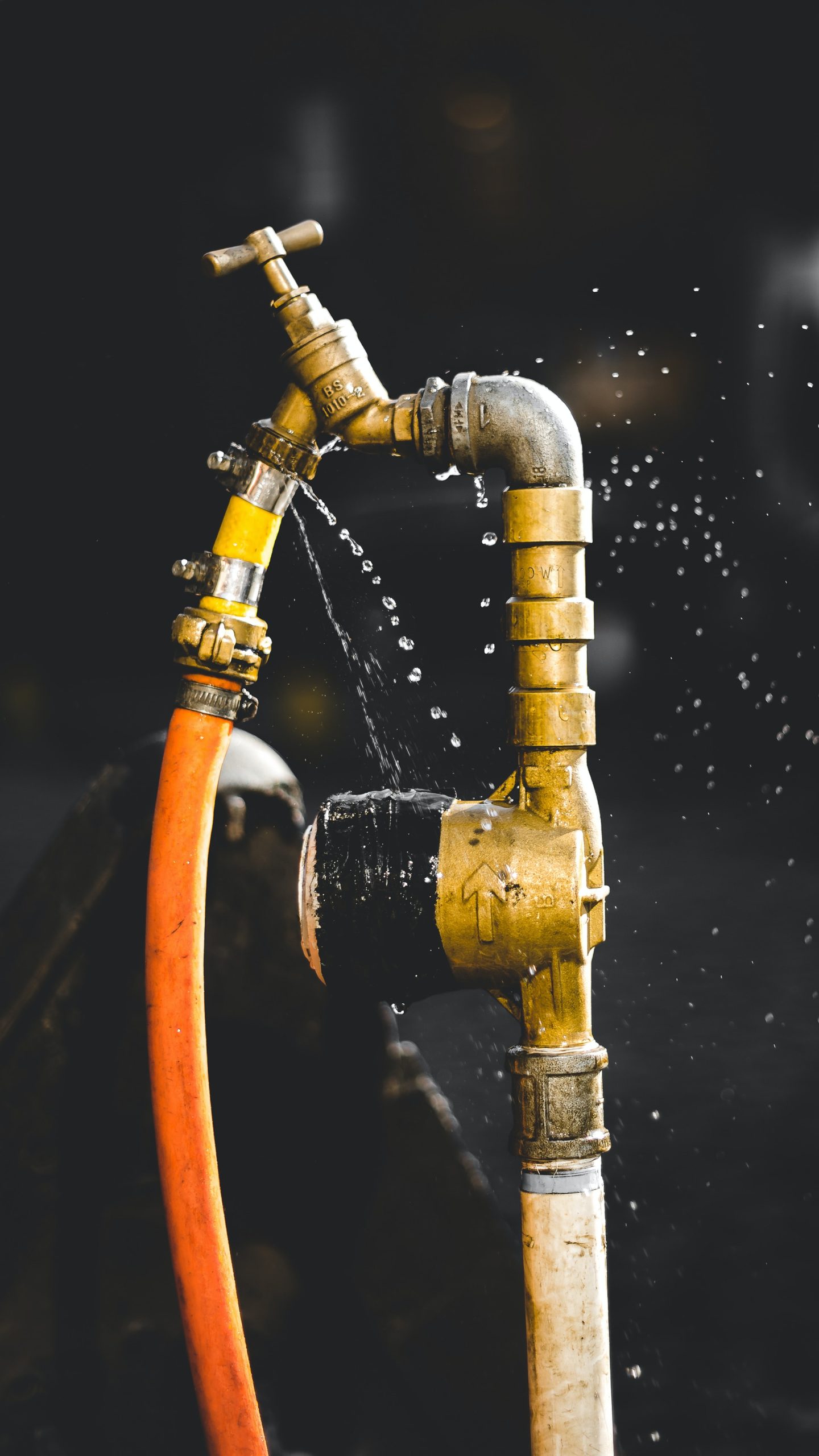Whether you’re worried about your newly installed home water filtration system, or heard horror stories about exploding pipes, with cold weather comes cold temperatures, meaning new risks for your plumbing. Winter water usage has a major impact on leaking pipes, with bursts and cracks occurring much more frequently when your pipes contract or expand due to changing temperatures. A general rule of thumb is to take a look at your utility bill and see if water usage exceeds 12,000 gallons a month for your family. If it does, you may have a leak in your plumbing. If you’d prefer to avoid that wintertime nuisance, the following tips will help you stay one step ahead of any plumbing issues the cold may cause.
Do a full inspection before winter comes
If you’ve already taken care of your replacement windows in Muskegon, your home should be insulated well and will feel warm enough to keep Old Man Winter away. But don’t forget that your pipes run through the coldest parts of your home. One of the easiest ways to avoid winter plumbing woes is to make sure your pipes and faucets are in good shape before the winter comes. By contracting a plumber like Intelligent Service Plumbers to perform an inspection of your home, you can find any possible cracks or leaks before the cold weather hits. You can get a head start on this process by checking underneath your sinks and near your water heater for any puddles. Point these out to your plumber when they come to inspect your home, so that they can determine if anything needs repairing before winter strikes. There’s nothing worse than having a leak when cold weather arrives since it can turn a leaky pipe into a burst pipe.
Safeguard your home from frozen pipes
During the winter, frozen pipes are one of the most common issues your home’s plumbing will face. When water is still in your pipes and it freezes, you run the risk of major ruptures and leaks. Thankfully, with a little bit of precaution, frozen pipes can be avoided. If your pipes aren’t insulated, you can wrap them in foam from the hardware store. Some foam is specifically made for insulating your pipes and comes with adhesive on the inner side of the sheathing. If you don’t spring for self-adhering foam, your handy roll of duct tape will do the job, too. Another helpful trick is to open the cabinet doors that lead under your sinks to help get some more warm air flowing to them.
Keep your faucet running overnight if necessary
Another simple way to keep your pipes from bursting, even if they freeze when overnight temperatures drop, is to keep a steady dripping from your faucets before you go to bed. This keeps pressure from building in your pipes in case of an ice blockage, which in turn prevents your pipes from bursting. You don’t need to leave all of your faucets on, though. Just make sure that the faucets in your home’s exterior walls are gently running, as they are the most important to prioritize.
Winterize your toilet
Winterizing your toilet is another important step to take if you’re looking to stay ahead of old man winter. While a plumber can certainly help you, this is a task that is simple enough that you should be able to complete it on your own in about half a day for a minimal amount of money. In fact, all you need to winterize your toilet is some plumber’s antifreeze. Start by draining your toilet’s tank, then add non-toxic antifreeze to the tank and flush the toilet to run the antifreeze through the toilet’s drain system. You’ll also want to use the antifreeze on your drain line traps, to prevent freezing there, too.
If winter is coming, you don’t need to worry about your plumbing with the proper precautions. Checking your plumbing before the cold hits and protecting your pipes from freezing can go a long way in safeguarding your home from dropping temperatures. If you have more questions about the best way to protect your plumbing, reach out to your local plumber.

